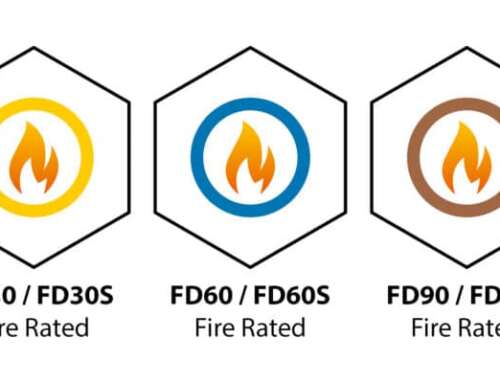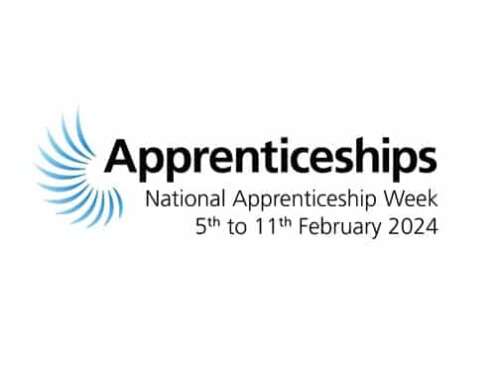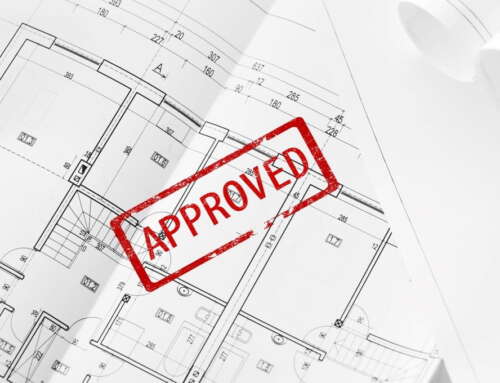Modern Methods of Construction in the UK: Advantages, Challenges and Contributions to Future Net Zero Targets

In recent years, the construction industry in the United Kingdom has witnessed a significant shift towards Modern Methods of Construction (MMC). As a means of addressing various challenges, including sustainability, efficiency, and productivity. MMC encompasses a range of innovative techniques and technologies that depart from traditional on-site construction methods, offering numerous advantages along with some challenges. Moreover, as the UK aims to achieve net-zero carbon emissions by 2050, the role of MMC in contributing to this ambitious target is becoming increasingly significant. This essay aims to delve into the concept of MMC, highlighting its positive aspects, challenges, and its potential to align with future net-zero targets.
Positive Aspects of Modern Methods of Construction
- Enhanced Efficiency and Productivity: MMC involves off-site manufacturing of building components in controlled factory environments, allowing for simultaneous work on various elements of a project. This approach significantly reduces construction timeframes and enhances overall project efficiency, leading to faster completion times and cost savings.
- Improved Quality and Consistency: Off-site manufacturing ensures greater precision and quality control, resulting in higher quality building components compared to traditional on-site construction methods. The controlled environment minimises the risk of errors, defects, and inconsistencies, leading to more durable and reliable structures.
- Cost Savings: MMC can lead to significant cost savings throughout the construction process. By streamlining production processes, reducing material waste, and minimising labour requirements, MMC helps lower overall project costs and mitigate budget overruns commonly associated with traditional construction methods.
- Sustainability Benefits: MMC promotes sustainable construction practices by optimising material usage, reducing waste, and minimising environmental impact. Off-site manufacturing allows for the use of eco-friendly building materials, energy-efficient technologies, and innovative construction techniques, contributing to a more sustainable built environment.
- Health and Safety Improvements: The shift towards off-site manufacturing in MMC reduces the need for workers to be present on hazardous construction sites, thereby enhancing overall health and safety standards. The controlled factory environment minimises the risk of accidents, injuries, and occupational health hazards associated with on-site construction activities.
Negative Aspects of Modern Methods of Construction
- Initial Investment and Setup Costs: Implementing MMC may require significant upfront investment in specialised equipment, technology, and factory infrastructure. This initial capital outlay can be prohibitive for smaller construction firms or projects, limiting widespread adoption of MMC.
- Skills Gap and Training Requirements: MMC relies on a different set of skills and expertise compared to traditional construction methods. The industry may face challenges in recruiting and training workers proficient in off-site manufacturing techniques, leading to a skills gap and labour shortages.
- Design Limitations: Off-site manufacturing processes often necessitate standardisation and modularization of building components, which can constrain design flexibility. Customization options may be limited, particularly for complex or architecturally unique projects, potentially compromising aesthetic appeal and functionality.
- Transportation and Logistics Challenges: Shipping prefabricated components to construction sites can pose logistical challenges, especially for large or bulky items. Transporting materials over long distances may incur additional costs, energy consumption, and environmental impact, particularly if not adequately planned and managed.
- Resistance to Change: Despite the numerous benefits of MMC, the construction industry may face resistance and scepticism from stakeholders accustomed to traditional construction methods. Overcoming misconceptions, building trust, and fostering acceptance of MMC technologies are essential for widespread adoption and successful implementation.
MMC and Future Net Zero Targets
As the UK aims to achieve net-zero carbon emissions by 2050, MMC has emerged as a promising solution. Addressing sustainability challenges in the construction industry and contribute to future net-zero targets. The positive aspects of MMC, including enhanced efficiency, cost savings, and sustainability benefits, align closely with the principles of sustainable construction and support the transition to a low-carbon built environment.
- Energy Efficiency: MMC promotes energy-efficient construction practices by integrating advanced building materials, technologies, and design strategies. Off-site manufacturing allows for the incorporation of insulation, air sealing, and renewable energy systems into building components, resulting in reduced energy consumption and carbon emissions.
- Carbon Reduction: By optimising material usage, minimising waste, and adopting eco-friendly manufacturing processes, MMC contributes to reducing the carbon footprint of construction projects. Off-site construction also enables the use of low-carbon and recycled materials, further lowering embodied carbon in buildings and infrastructure.
- Scalability and Adaptability: MMC offers scalability and adaptability, allowing for the rapid deployment of sustainable construction solutions across various building types and sectors. From residential homes to commercial buildings and infrastructure projects, MMC can be tailored to meet diverse sustainability requirements and support the transition to a net-zero carbon economy.
- Innovation and Research: Continued investment in research and development of MMC technologies is essential to drive innovation and improve sustainability outcomes. Collaborative efforts between industry stakeholders, academia, and government agencies can foster the development of cutting-edge MMC solutions that align with net-zero targets and address emerging sustainability challenges.
- Policy Support and Incentives: Government policies and incentives play a crucial role in promoting the adoption of MMC and advancing sustainable construction practices. Providing financial incentives, grants, and regulatory support for MMC projects can encourage industry uptake and accelerate the transition towards net-zero construction.
Conclusion
Modern Methods of Construction (MMC) represent a paradigm shift in the construction industry, offering numerous advantages over traditional on-site construction methods. While MMC presents challenges such as initial investment costs, skills gaps, and design limitations, its positive aspects, including enhanced efficiency, cost savings, and sustainability benefits, position it as a key enabler for achieving future net-zero targets. By leveraging MMC technologies, embracing innovation, and implementing supportive policies, the UK can pave the way towards a more sustainable and resilient built environment for future generations. Find out more by contacting the Greenlife Contractors team.





